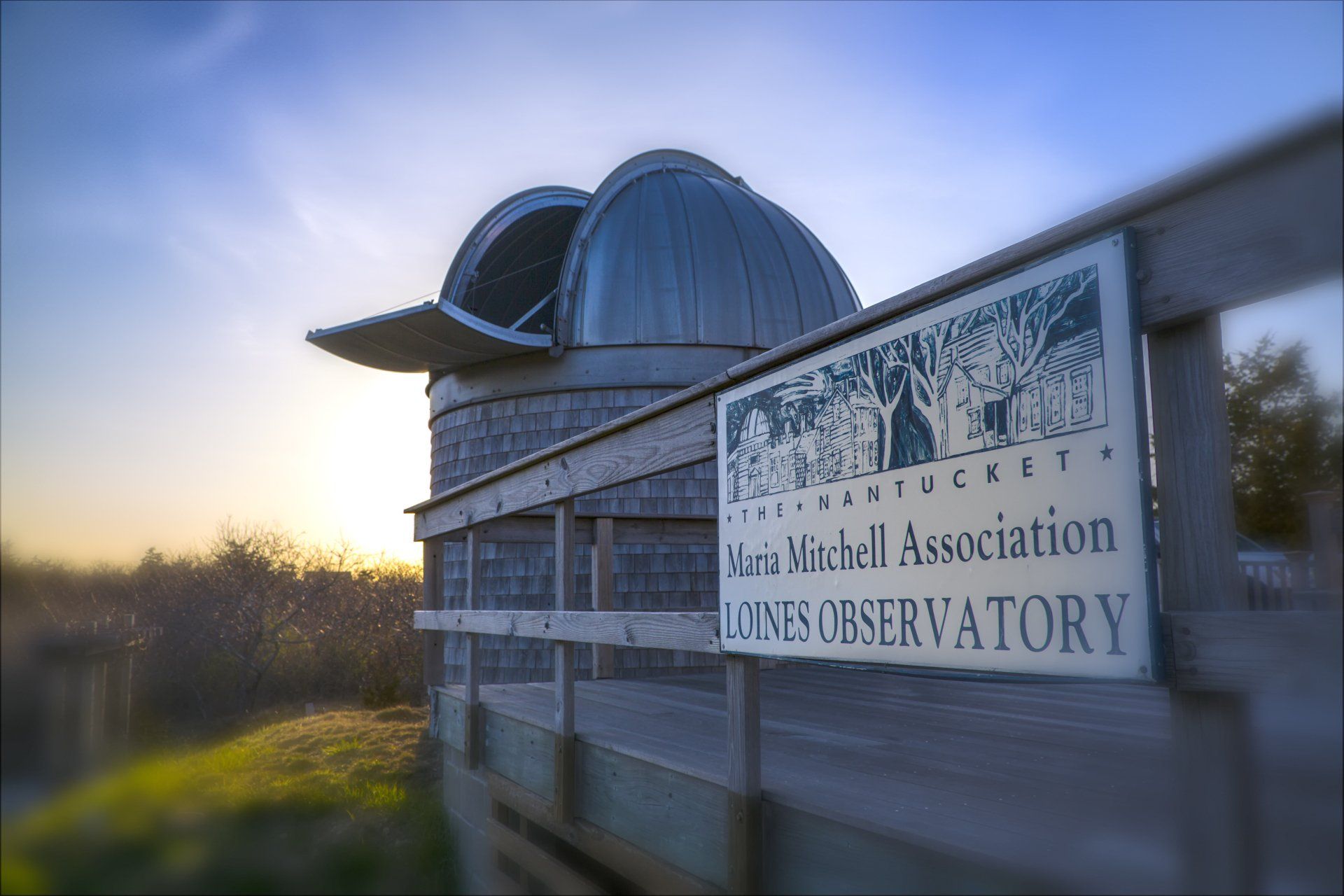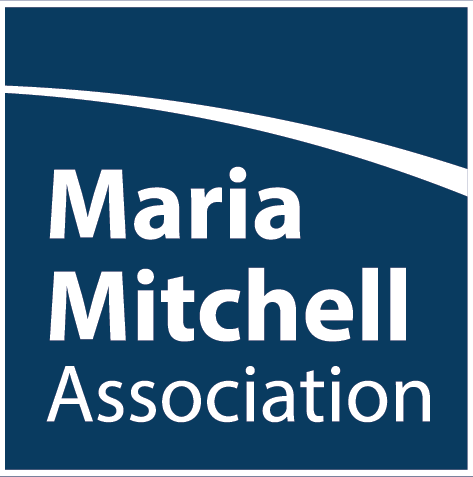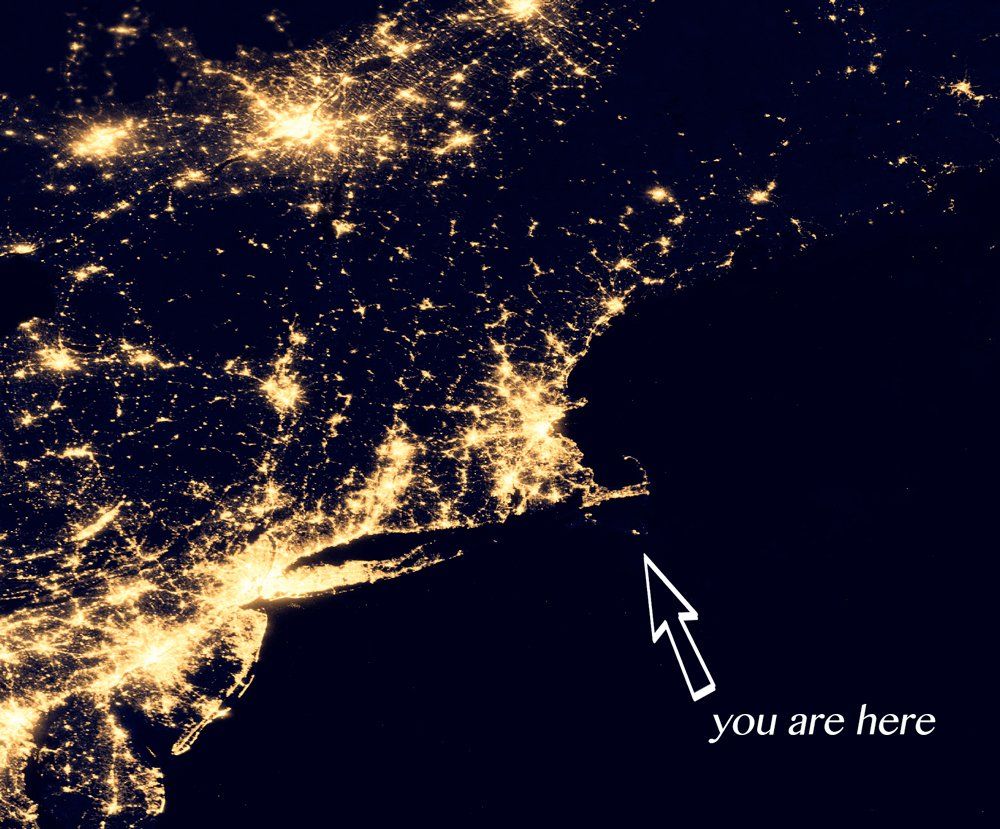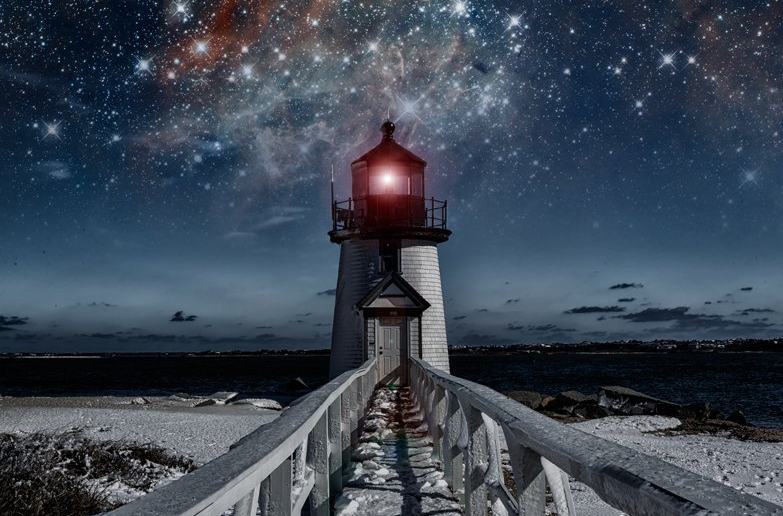The Dark Night Sky
The Issue
Here on the island of Nantucket, 30 miles out to sea, we’re blessed with dark skies. For now.
Seen from space today, Nantucket glows like a firefly in the night. Our view of the starry skies is at risk of slowly, imperceptibly, disappearing. It’s estimated that two-thirds of Americans can no longer see the Milky Way at night because of the glare of artificial lights where they live. Light pollution not only spoils our view of the night sky, it also affects our health, wastes resources, and impacts other creatures on our planet.
Fortunately, there are still plenty of places on Nantucket where it’s possible to see stars from horizon to horizon. But if we don’t work together to preserve our dark skies, we’ll lose them.
Not convinced? Here are a few links with more information and evidence:
- AMA Adopts Community Guidance to Reduce the Harmful Human and Environmental Effects of High Intensity Street Lighting (American Medical Association)
- Doctors issue warning about LED streetlights (CNN)
- Everything You Ever Wanted to Know About Light Pollution (Sky & Telescope magazine)
- How Bad is Light Pollution? (CBS News video)
- Light Pollution and NASA: Combating the “Dark Side” of Light (Penny4NASA)
- How Urban Light Pollution Could Be Killing Rainforests (The Atlantic)
- The City Dark (PBS documentary and website)
- What is Light Pollution (Dark Skies Awareness)
- An Interactive Satellite Image of Light Pollution Around the World (Blue Marble)
- Video: Bad Lighting is Killing our Darkness (Int’l Dark Sky Association)
What You Can Do
Just as we all contribute to preserving our island’s natural beauty by recycling, we also contribute to protecting Nantucket’s dark skies through our individual efforts. Some things you can do that will make a real difference:
- Install energy efficient lighting fixtures that are downward pointing and shielded.
- Use outdoor lighting only when essential and the minimum brightness needed.
- Be a good neighbor.
- Comply with Town of Nantucket outdoor lighting ordinances.
Learn More
You can find more information about how to protect the night sky and improve your lighting efficiency from the links below.
International Dark Sky Association




